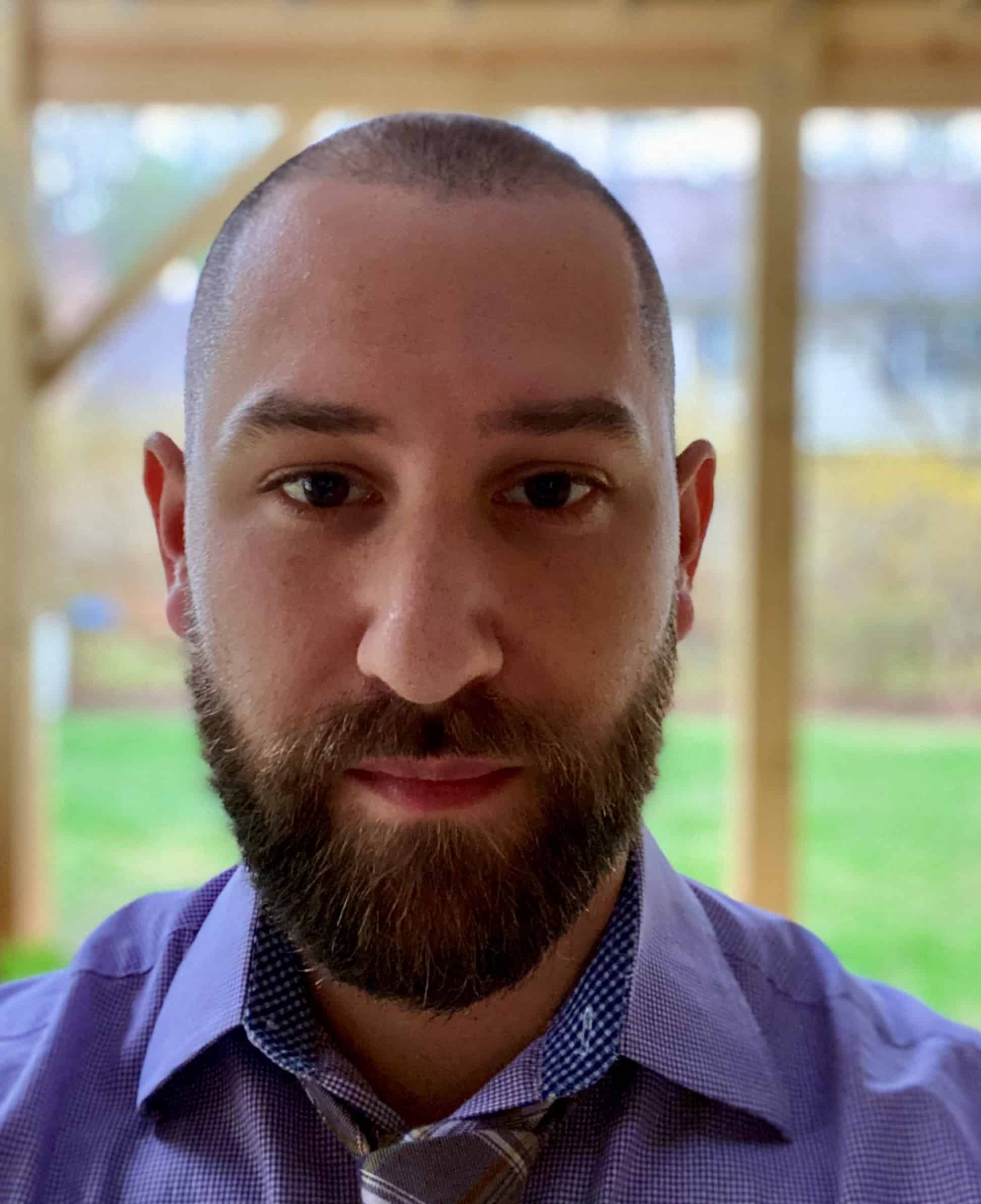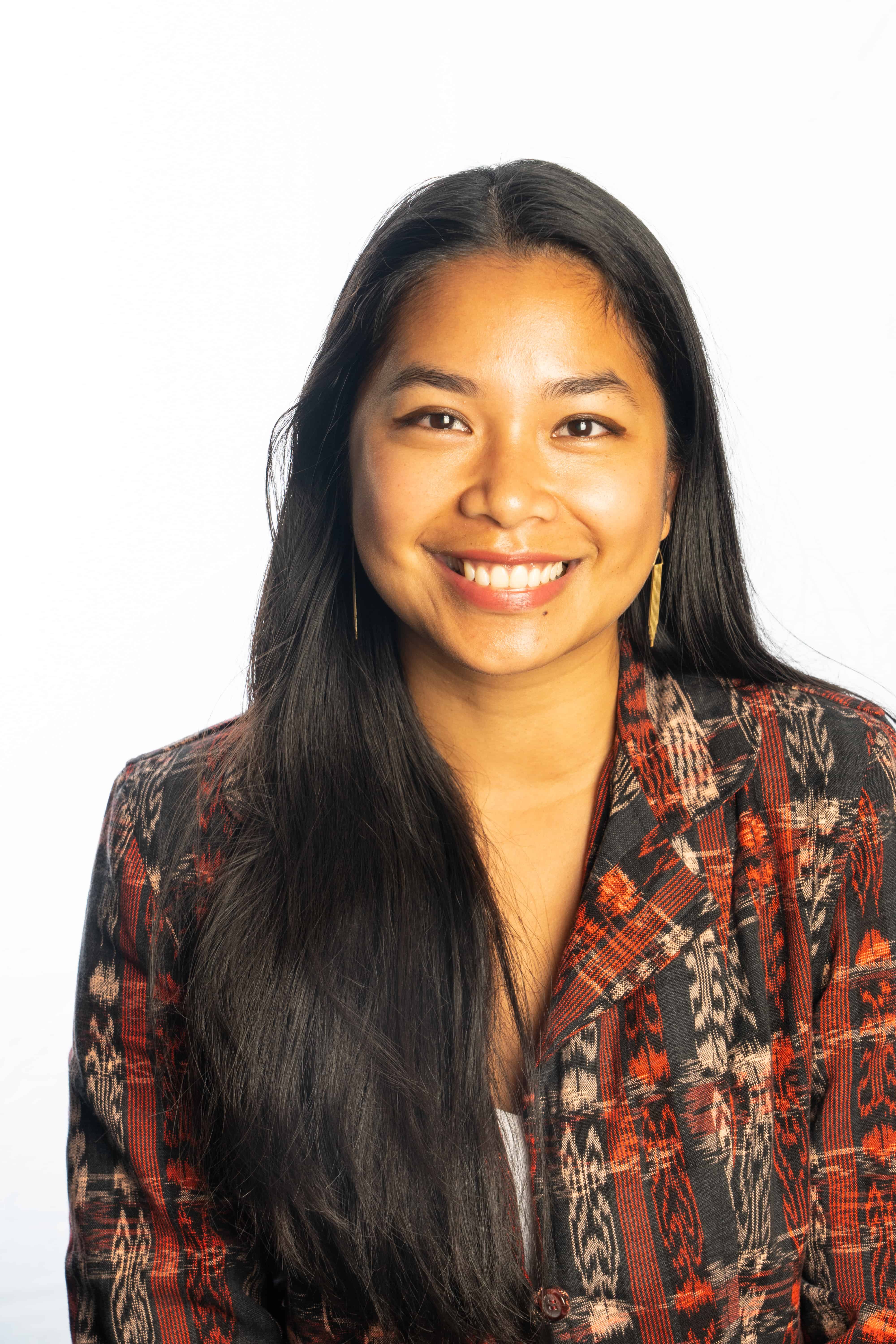Q&A with Creative’s Young Professionals in Development
International Youth Day’s theme — Intergenerational Solidarity: Creating a World for All Ages — stresses that action is needed to address inherent age-based biases that are hindering progress in communities around the world. Sustainability is undoubtedly a key tenant of development, yet it cannot be achieved with the exclusion of the world’s young people, who are facing many of the same or even greater challenges as prior generations.
While Creative’s young professionals face fewer and less consequential obstacles as youth elsewhere, we are still trying to find our way through an industry thrown into flux by the pandemic. With employees returning to the office, it was important to find a way to create networks amongst early career professionals after remote work siloed many of us. The result was CrECER, the Creative Early Career Employee Roundtable, a company-wide effort that associates formed. As youth in development, we are striving to contribute to a cohesive organization with strong comradery, united in Creative’s mission to support people around the world to realize the positive change they seek.
As part of our International Youth Day celebrations, members of the CrECER network share their perspectives as early career professionals in development and emphasize the importance of elevating youth voices in the industry in pursuit of global development goals.

Aaron Weitzner
Senior Business Development Associate
Why is it important to integrate youth perspectives in our industry?
In all corners of the world, youth perspectives tend to be dismissed, even though youth arguably have faced some of the most serious challenges in the past few years as a result of the pandemic. Many are failed by a lack of adequate education, avenues of employment, and safe community spaces. To ignore youth, who tend to be highly active members of civil society, is to ignore potential solutions to development challenges that the development community has been trying to address for years.
We’ve grown up in a world faced with pressing challenges – climate change, economic upheavals, threats to democracy, and more – and chosen to work in a sector that targets those complex issues. What keeps you motivated/engaged in the work you do?
I’m constantly inspired by local leaders who are willing to help their communities at all costs, including risking their lives to stay involved amidst civil strife. Yet, despite the challenges they may face, they always find the silver lining and continue to believe in a better future for their communities and country. Their ability to remain hopeful and work hard makes it a lot easier for me to be motivated and engaged in the face of significant challenges.

Sloan Askins
Program Specialist, Livelihoods and Economic Recovery
As a young professional in Washington, D.C. how do you approach engaging with your peers in the field offices? How does their perspective inform your own?
My work as a program backstop allows for fairly organic modes of interacting with the field office. When engaging in an in-person project retreat with a few home office staff and all our field staff, it really helped paint a broader picture of the project. In my day to day, I have little to no interaction with a lot of the technical work being done. Having the opportunity to hear about everything that goes into a project and the work field staff are doing was invaluable. Also, understanding the roles of other project staff allowed me to understand and own my role more effectively and confidently.
Why are employee resource groups like CrECER important?
The early career professional group has helped break down the divisional silos and allowed associates to interact with one another and better understand what resources we have in each other. I hope this group continues to see participation from young Creative staff members and is seen as advantageous to our professional development at Creative and beyond.
We’ve grown up in a world faced with pressing challenges – climate change, economic upheavals, threats to democracy, and more – and chosen to work in a sector that targets those complex issues. What keeps you motivated/engaged in the work you do?
These issues have been something the U.S and many other countries have been trying to address for a very long time now. I think it’s easy to be pessimistic and believe we will never mitigate these issues, but I’d rather be a part of the solution. I want to be a part of the hard work that doesn’t always seem hopeful.

Adrienne Todela
Senior Technical Manager, Knowledge Management
Why is it important to integrate youth perspectives in our industry?
As cliché as it sounds, youth are really the future, and especially now where in many regions of the world the youth population will be at its largest, so why wouldn’t we consider their perspectives? Youth are also a major demographic that is impacted by any and all of the programs we do. In the spirit of learning, collaboration, and empathy, inviting youth to the table will bring about ideas that more seasoned adults may have not thought of, whether it’s looking at the same approach from a different angle with a different lens or an innovation.
We’ve grown up in a world faced with pressing challenges – climate change, economic upheavals, threats to democracy, and more – and chosen to work in a sector that targets those complex issues. What keeps you motivated/engaged in the work you do?
I have the privilege to engage a lot with our project teams worldwide and get to know their work. It motivates me to hear their stories of implementation – the successes and challenges that have come with it – and what keeps them going, the change that they’re seeing. It is a sector surrounded by heaviness and hopelessness at times, but to hear a success story or progress on an activity, that’s what keeps me going.
How is this generation of young professionals in development changing/challenging the way work in the sector is done? What still needs to change?
A lot of the change that I see happening is in the systems and processes of the organizations working in this industry, and COVID-19 had a lot to do with it. Personally, and from experiences family, friends, and colleagues have shared, I think what the pandemic brought out to the fore is a more intentional consideration and review of our work culture in the United States. Questions like, is my workplace flexible with my location; is my workplace advancing a wellbeing agenda, if so, what does that look like; am I being compensated equitably and is my workplace championing my professional development – are being asked more these days and I believe it’s coming from millennials and Gen Z. We acknowledge that work is such an important part of our productive lives and we have seen how it can be a stressor because of its big role, so how can we mitigate that, basically, how can we find a balanced life and how can our places of employment help us with it.

Olivia Chapman
Manager, Digital & Social Media
As a young professional in Washington, D.C. how do you approach engaging with your peers in the field offices? How does their perspective inform your own?
Having spent significant time in the field both through short term visits and longer posts, I’ll always emphasize the importance of face-to-face collaboration via in-country project visits, particularly when it comes to understanding the challenging contexts in which our colleagues often operate. With technological progress, however, there’s so much now we can accomplish even remotely. The latest smartphone can take great photo and video, and our HQ and project social media posts easily reach global audiences. Working and innovating with my peers in Communications across our many projects in the field is always a joy. They are constantly adapting, problem-solving and finding opportunities to share our project activities and success stories in ways that resonate with both local and international audiences — and doing so with limited resources. Through both remote and in-person collaboration, we are always learning from each other!
Why is it important to integrate youth perspectives in our industry?
In my work in digital and social media, youth perspectives are crucial to communicating effectively – particularly in conflict-affected contexts where young people are important civil actors in peacebuilding, countering violent extremism, and preventing the spread of misinformation in their communities. From our HQ communications here at Creative to broader information and behavioral change campaigns through USAID, the UN and other global organizations, knowing how young people talk, how they use their social networks, and the kinds of messages that resonate with them is a major component of sharing and achieving our sustainable development goals. Additionally, although web and social media users represent every generation, it is often the youngest that are leading content and language trends, bringing new platforms to the forefront, and demonstrating real creativity and innovation. Their contributions to shaping society’s digital ecosystem should be fully incorporated into the development sector’s research, policymaking and project design.
Why are employee resource groups like CrECER important?
The young professionals’ network is an important new addition to staff development at Creative. As the most junior person on my team, I’ve been privileged to be amongst experienced colleagues and a supervisor who fully welcome and respect my input. However, my cross-division interactions with other early career employees in my age group have been limited, especially in the fully remote and now hybrid eras of the pandemic. Although much of the in-office experience is tied to productivity and collaboration, the renewed social and networking opportunities are important too. CrECER creates a much-needed space for our early career staff to meet, exchange knowledge and resources, and yes, have a little fun together! Escaping our silos is key to building a holistic employee experience at Creative.
